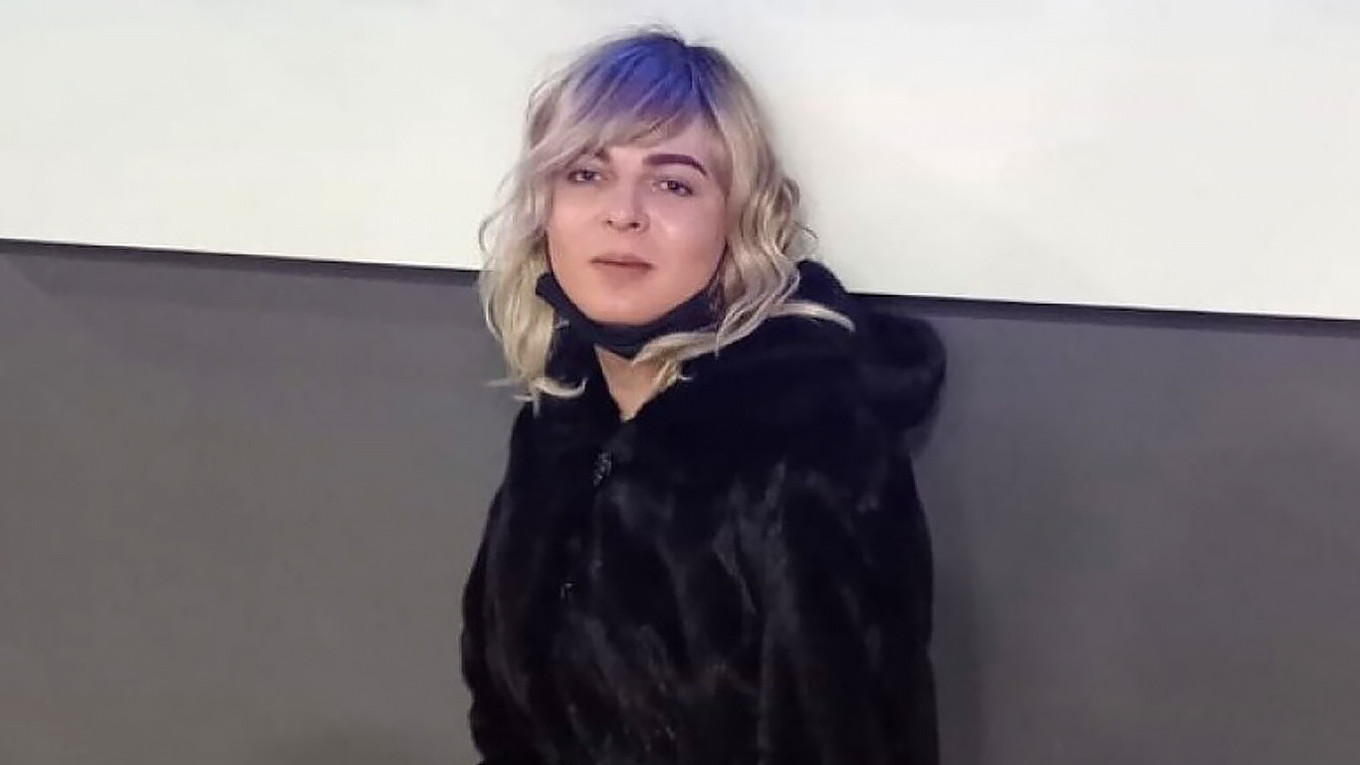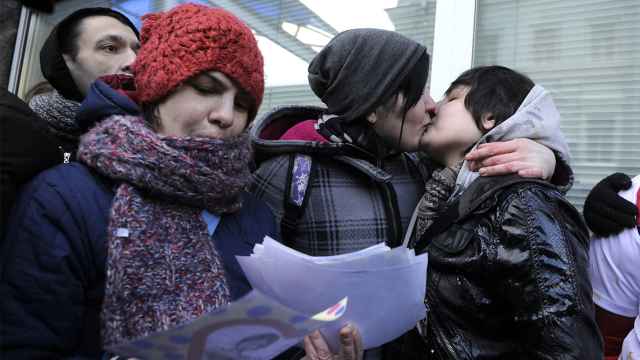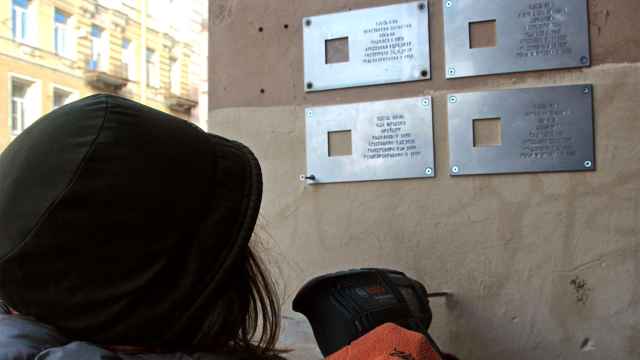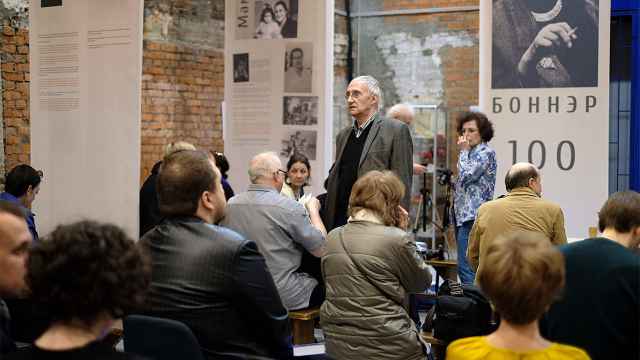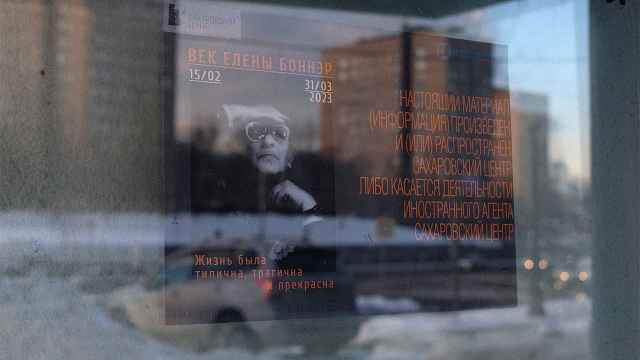The situation for queer people in Russia has grown increasingly dire as the Kremlin has enacted a series of oppressive laws targeting the LGBTQ+ community, including the decision to outlaw gender-affirming surgeries and care and declaring the “international LGBT movement” as extremist, criminalizing their existence. In this context, the case of Yulia Alyoshina, the only transgender politician in Russia, is crucial. Alyoshina's story provides a stark illustration of the severe discrimination and persecution faced by transgender people in the country.
Yulia Alyoshina, born in 1990 in Barnaul, Altai region, has had a rocky political career. Completing her education in her home city, she began her political journey in 2011 with the creation of the Committee of Citizen Rights. Despite early setbacks, she joined the center-right Civic Initiative party in 2020, founded by Andrey Nechayev, a former Economic Development Minister of Russia. By 2021, Alyoshina had become the head of the party's regional branch.
A significant milestone in Alyoshina’s political career came in 2022. Amid the political uproar following Russia's invasion of Ukraine, she participated in the municipal elections in Altai Krai. Her candidacy attracted substantial opposition from vocal queerphobic politicians in St. Petersburg and Moscow, with her disagreements with State Duma member Nina Ostanina over the World Health Organization’s plans to recognize a third gender causing particular controversy. Under intense pressure, Alyoshina announced her departure from Russian politics but remained a member of the Civic Initiative party.
As a politician, Alyoshina made notable contributions to legislative efforts supporting LGBTQ+ rights in Russia. In 2023, she briefly returned to the political scene, announcing her plans to run for governor in the Altai region of Siberia before ultimately withdrawing her campaign. Throughout her career, Alyoshina demonstrated her commitment to building a better Russia for all its citizens. Even though LGBTQ+ politics was not her primary focus, she often publicly condemned homophobic and transphobic actions by the government.
This year, however, took a darker turn. In May she announced her decision to detransition, declaring herself a patriot and apologizing “before the Russian people.” The harsh realities of her announcement have since come to light as Alyoshina said she was coerced into this decision through threats to her family and the possibility of being sent to a psychiatric clinic to possibly undergo Sexual Orientation and Gender Identity Change Efforts (SOGICE) a euphemism for conversion therapy. Her social media accounts have since been deleted, and her current whereabouts remain unknown, underscoring the severe suppression she has faced.
The worsening situation for LGBTQ+ people in Russia is laid bare in the latest report from Sphere Foundation and Coming-Out, two of the largest LGBTQ+ organizations in the country. According to their findings, 87% of respondents have noticed a significant worsening of homophobic and transphobic attitudes. Three percent have been forced into SOGICE. Additionally, only 46% report having a queer-friendly social environment, a 4% decrease from the previous year. This data underscores the growing hostility towards LGBTQ+ individuals in Russia, making it increasingly difficult for them to live openly and safely.
Internationally, queerphobic sentiments are gaining traction outside Russia as well. In Europe, the right-wing political group Patriots for Europe, consisting of various right-wing parties including Germany's AfD and Poland's PiS, along with figures like Marine Le Pen and Viktor Orbán, have been vocal supporters of Russian politics and its homophobic policies. Despite some progress, such as the right to self-declare gender in Germany and the opposition's win in Poland, queerphobic rhetoric is on the rise. Hungary has banned people from changing their gender, the British Labour Party has threatened transgender rights, and Italy continues to quietly restrict LGBTQ+ rights.
The situation is also troubling in the United States. Several states have enacted laws that severely restrict transgender rights, including bans on essential gender-affirming care for minors and limitations on the use of public facilities corresponding to one’s gender identity. Additionally, a growing number of Republicans have publicly expressed support for Putin’s policies, reflecting an alignment with conservative and anti-LGBTQ+ viewpoints, while right-wing figures and media outlets put their marginalization further.
With the upcoming U.S. presidential election, there is increasing anxiety within the LGBTQ+ community about the potential for their rights to be eroded further. The fear is compounded by the possibility of more restrictive laws being proposed and enacted, heightening concerns that LGBTQ+ may find their protections rolled back in the future.
Russia has strategically positioned itself as a stronghold of “traditional values” by implementing queerphobic and misogynist laws. This stance has garnered support from conservative factions abroad who share similar ideologies, as the Kremlin uses its anti-LGBTQ+ agenda to strengthen alliances with right-wing groups in other countries. This strategy has helped Russia consolidate its position on the global stage, attracting allies who go on to spread Moscow’s propaganda about its war against Ukraine.
The lack of regard for human rights in Russia led to my kidnapping and forced internment in a conversion camp as a transgender woman. I endured nine months of SOGICE aimed at erasing my identity, but I managed to escape and survive. This experience gave me the strength to assist many other transgender people in Russia until the increasing threats made it unsafe for me and those I was helping. Legislative decisions have empowered right-wing groups and politicians to target anyone who does not conform, creating an environment where it is impossible to live peacefully.
Alyoshina's forced detransition and disappearance illustrate the severe risks faced by transgender people in Russia. Her story, along with my own and those of many others, underscores the lack of protection for trans individuals in the country. This persecution affects not just the LGBTQ+ community but various social groups, eroding basic rights and freedoms.
As Alyoshina, I, and other queers are compelled to flee or go into hiding, it becomes evident that Russia's repressive actions has global repercussions. The full extent of the Kremlin's willingness to spread its hate remains to be seen, highlighting the ongoing struggle for rights and safety for LGBTQ+ individuals in Russia and around the world.
A Message from The Moscow Times:
Dear readers,
We are facing unprecedented challenges. Russia's Prosecutor General's Office has designated The Moscow Times as an "undesirable" organization, criminalizing our work and putting our staff at risk of prosecution. This follows our earlier unjust labeling as a "foreign agent."
These actions are direct attempts to silence independent journalism in Russia. The authorities claim our work "discredits the decisions of the Russian leadership." We see things differently: we strive to provide accurate, unbiased reporting on Russia.
We, the journalists of The Moscow Times, refuse to be silenced. But to continue our work, we need your help.
Your support, no matter how small, makes a world of difference. If you can, please support us monthly starting from just $2. It's quick to set up, and every contribution makes a significant impact.
By supporting The Moscow Times, you're defending open, independent journalism in the face of repression. Thank you for standing with us.
Remind me later.


